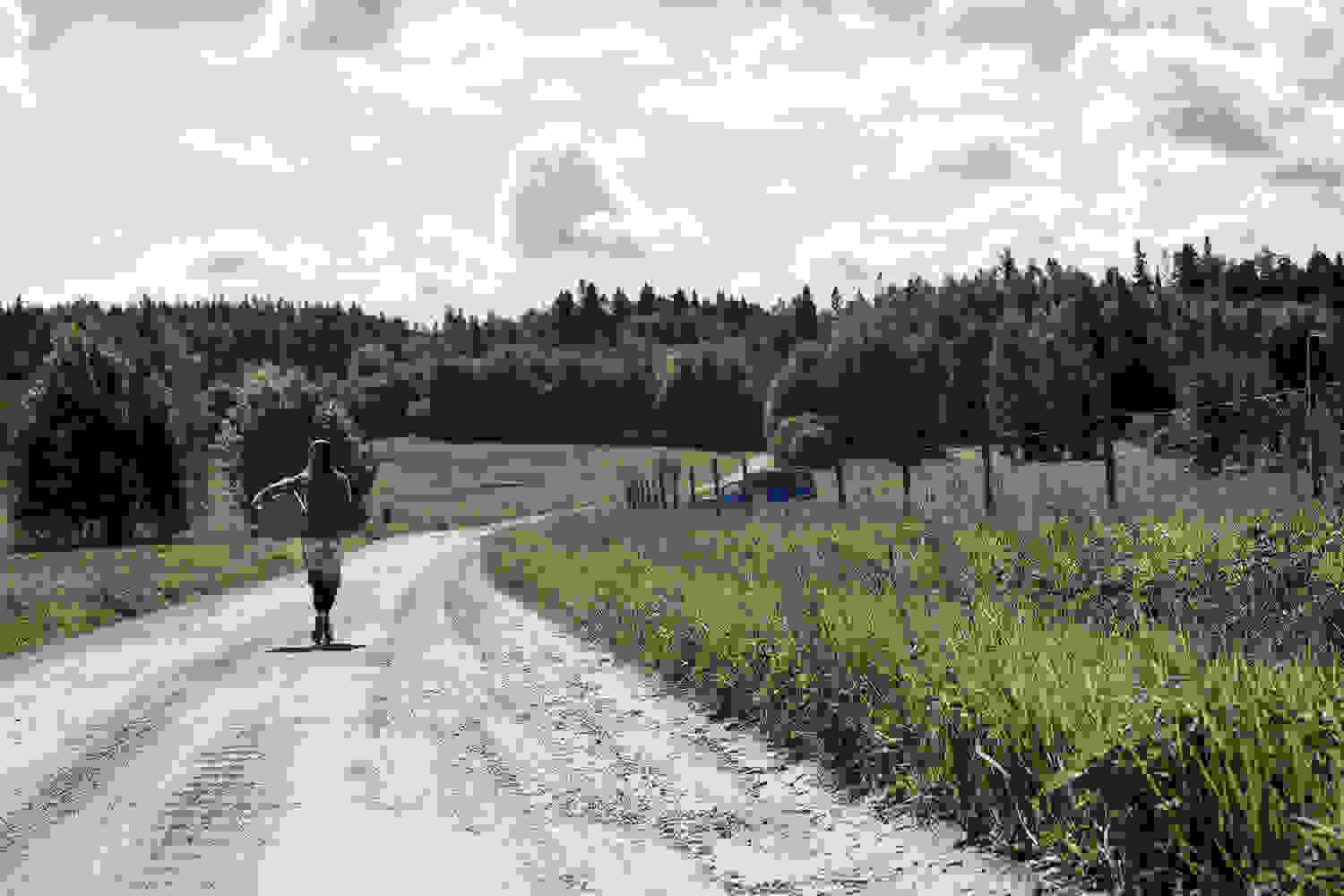The central principle of the deforestation policy taking effect immediately is that S Group will not increase deforestation with its own actions. In practice, this means that several high-risk raw materials will be avoided and regional procurement restrictions will be introduced.
“As far as beef is concerned, there are large areas in Australia and South America where we won’t purchase beef. For example, the restrictions apply to the Amazon rainforest area that stretches to Brazil, Colombia, Peru, Bolivia and Venezuela,” says Nina Elomaa, Senior Vice President, Sustainability.
The beef guidelines apply to products under S Group’s private labels and its own procurement. In addition to the grocery trade, the guidelines also apply to the procurement of hotels and restaurants.
Consumer packaging and wood-based products must be certified
In addition to restricting the procurement of beef, the deforestation guidelines set new certification requirements for wood- and fibre-based products.
“By the end of 2023, all the consumer packaging of our private-label grocery products must be made from recycled fibre or certified raw material or the packaging must have the Nordic Swan ecolabel or the EU Ecolabel. The same requirements will also apply to private-label consumer goods starting from the end of 2025.”
The certification requirements also cover timber products for hardware trade sold by S Group.
In S Group’s hotels and restaurants, the restrictions concerning wood- and fibre-based products are largely similar to those in the supermarket trade. For example, in the travel and hospitality business, they will cover fibre- or wood-based take away packaging and paper products by the end of 2023. The toilet paper and paper hand towels used in public restrooms already meet the requirements concerning certification or ecolabels.
Guidelines concerning raw materials in one place
The new requirements concerning wood-based raw materials also apply to S Group’s material used in customer communications. For example, customer magazines and letters, as well as separate printed ads must be made from certified raw material or they have to have the Nordic or EU Ecolabel by the end of 2025.
In addition to the new procurement restrictions, the guidelines combine the earlier strict guidelines concerning soy, coffee, cocoa and palm oil. As far as S Group’s private labels are concerned, the certification rate of coffee, cocoa and palm oil reached 100 per cent last year. Of the soy used in S Group’s products as raw material or as animal feed in the production chains of animal-based products, 70 per cent is certified.
